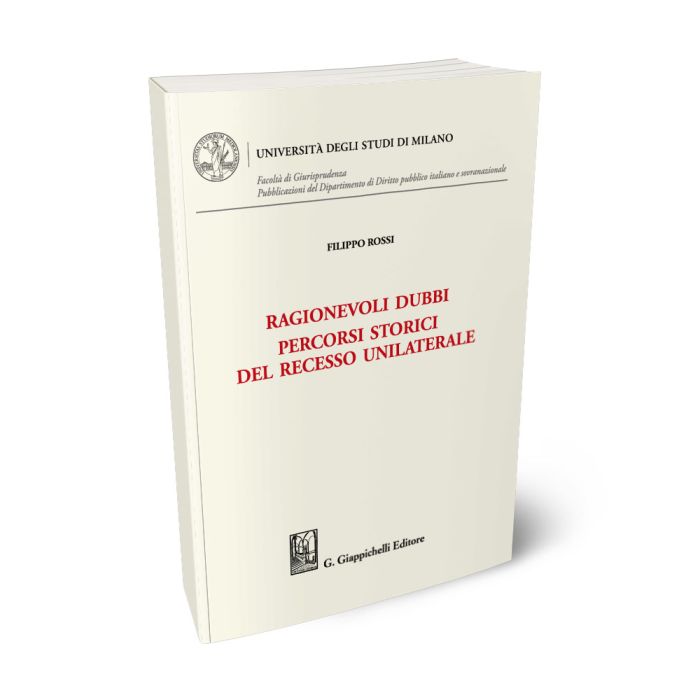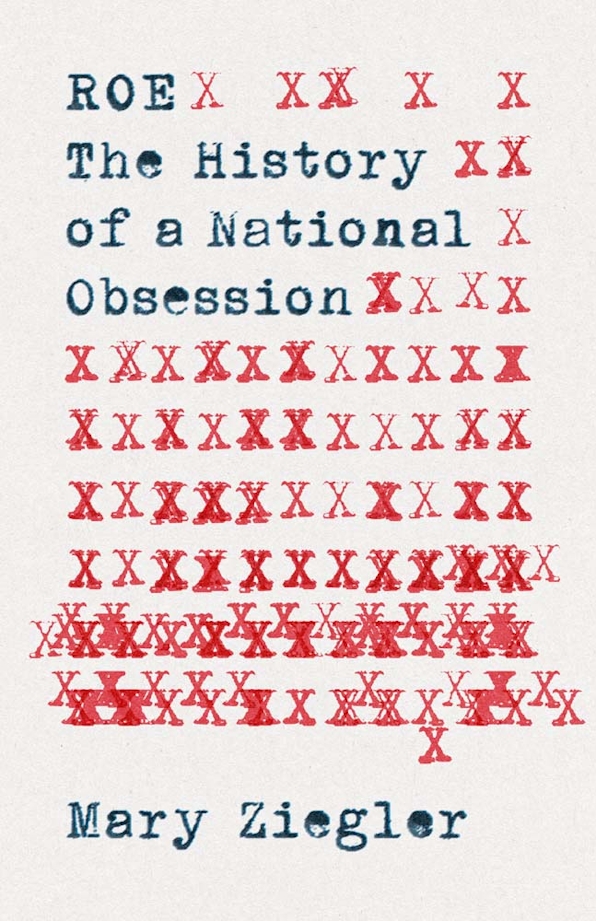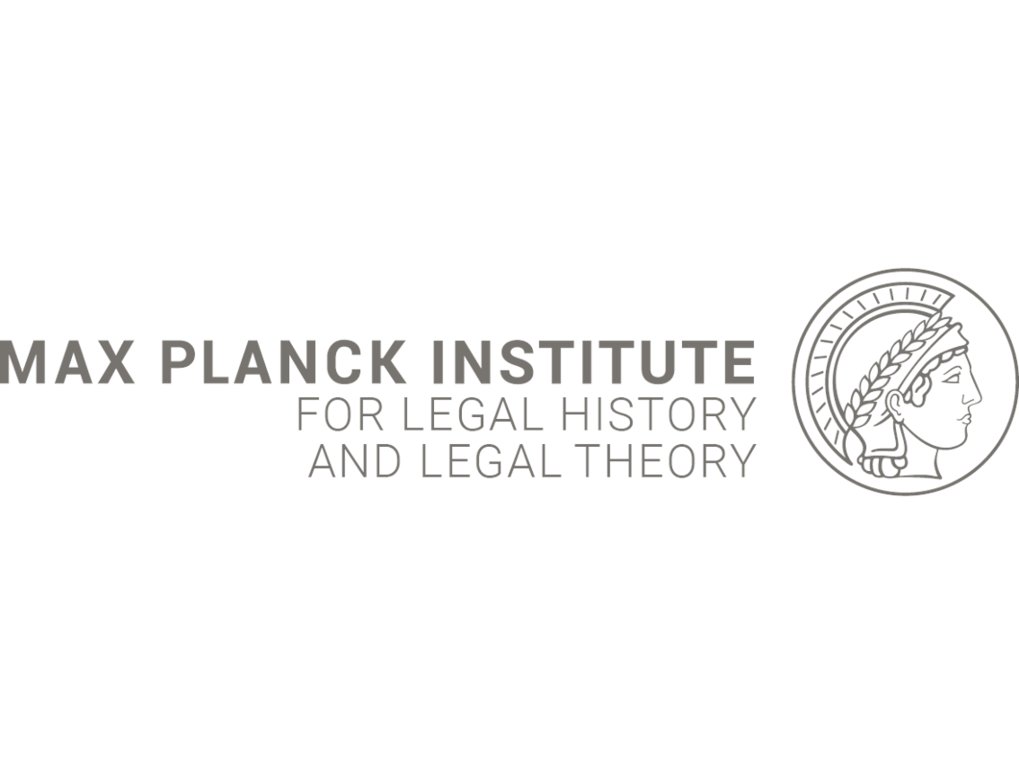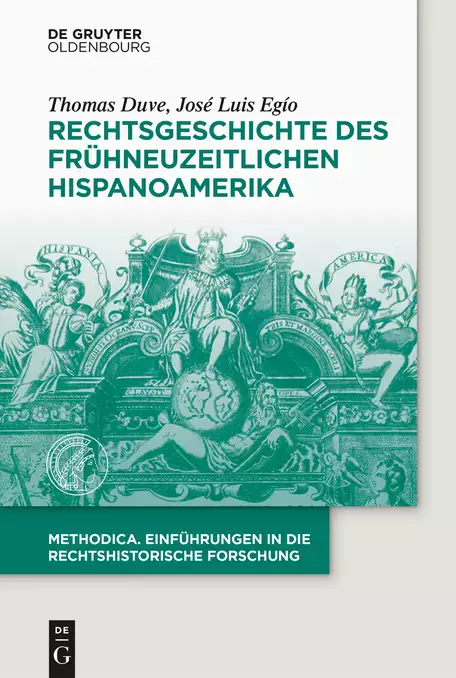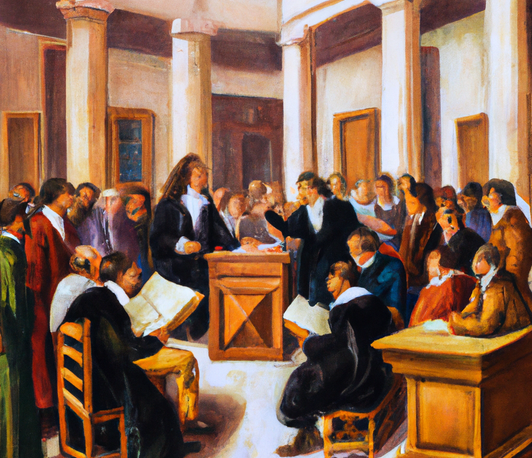(DOI 10.1163/15718050-12340199)
Abstract:
The article looks into the historical development of the international law duty to save life at sea. It argues that this duty has its origins into legal sources that predated the genesis of international law in the sixteenth century. According to these sources, three separate sets of norms were developed to address the need to save life at sea: rules on the safety of navigation; rules concerning assistance to the shipwrecked and their protection; and rules on the duty of masters to provide assistance. Leaving aside the first category, the article illustrates how these sources where used by seventeenth and eighteenth century international lawyers to substantiate the existence of a duty to assist the shipwrecked and a right to seek refuge for vessels in distress. Nineteenth century scholars added the duty of the master to provide rescue. These scholarly codifications set the basis for a codification, first by learned societies and then by states, during the last decades of the nineteenth century. Codification was eventually achieved through two conventions adopted in 1910. The article argues that while the content of the duty changed to adapt to technological developments affecting navigation, as well as to changing perceptions of the sources and effects of international law, the common principle at its basis has always been part of international law.
Exclusion vs Cooperation in the Utilisation of Transboundary Watercourses: The Case for Decolonising the Nile Water Agreements (Fekade Abebe)
(DOI: 10.1163/15718050-bja10062)
Abstract:
The relationship between Egypt and Ethiopia was marked with tension for centuries due to the utilisation of the Nile river. Recently, it took a turn for the worst after Ethiopia announced it is building the Grand Ethiopian Renaissance Dam (GERD) on the Nile river. This article argues that one important explanation for the deep-seated disagreements between Egypt and Ethiopia is the history of the legal instruments frequently invoked which were set up to safeguard the colonial interest of Britain over Egypt and the entire upper Nile region. Britain’s use of these legal instruments to advance its colonial domination of the region, with disregard to the interests of native communities, had left a legacy of exclusive utilisation over the river which haunts the current legal discourse. The article argues that the Nile basin countries need to acknowledge this colonial legacy in the legal discourse and need to move towards cooperation.
Making International Law Truly ‘International’? Reflecting on Colonial Approaches to the China-Vietnam Dispute in the South China Sea and the Tribute System (So Yeon Kim) [OPEN ACCESS]
(DOI 10.1163/15718050-12340183)
Abstract:
Before non-European regions adopted international law, a different set of law of territory governed the non-European regions. Notwithstanding their differences, international courts and tribunals have approached non-European territorial disputes through a single lens of Eurocentric international law. The general claim of this article is that international courts and tribunals should approach non-European territorial disputes with special consideration to account for the region’s historical system. This article case studies the China-Vietnam dispute in the South China Sea to advance this claim. Through the case study, I argue that East Asian concepts of sovereignty do not equate with those employed by Eurocentric international law. I then suggest guidelines for considering regional systems when ruling on non-European territorial disputes. If international courts and tribunals do not change their legal approach, this not only distorts the historical realities of the non-European regions but also results in unfair dispute settlements.
Pan-Americanism as a Hemispheric Model for a Global Order? The Pan-American Peace Pact of 1914 (Klaas Dykmann)
(DOI 10.1163/15718050-12340194)
Abstract:
Some in US President Woodrow Wilson’s administration saw an opening to seize several opportunities in 1914 to present the United States as a hemispheric unifier offering an alternative for war-torn Europe. Since an international convention or a negotiated solution in Europe seemed unlikely, the US tried to establish a peace agreement for the western hemisphere to universalise American international law and multilateralise the Monroe Doctrine in a way that would mutually recognise each American republic’s sovereignty and territorial integrity and demonstrate to Europe that a negotiated peace was possible. This article analyses the emergence of the idea of the Pan-American Peace Pact and its regional and global significance in view of the League of Nations that was later established.
Book reviews:
- Great Britain, International Law, and the Evolution of Maritime Strategic Thought, 1856–1914, written by Gabriela Frei (Frederik Dhondt)
- Remaking Central Europe: The League of Nations and the Former Habsburg Lands, edited by Peter Becker and Natasha Wheatley (Omer Aloni)
Read everything on Brill's website.



